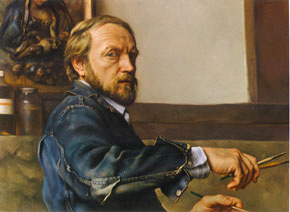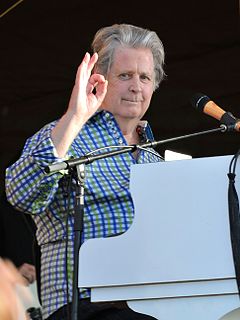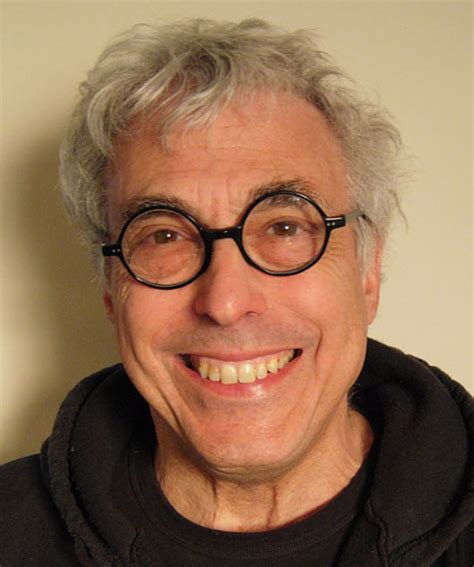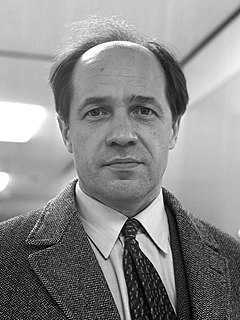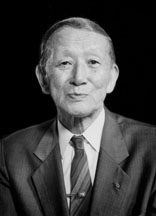A Quote by Emile M. Cioran
Thinking should be like musical meditation. Has any philosopher pursued a thought to its limits the way Bach or Beethoven develop and exhaust a musical theme? Even after having read the most profound thinkers, one still feels the need to begin anew. Only music gives definitive answers.
Related Quotes
And I love Jane Austen's use of language too--the way she takes her time to develop a phrase and gives it room to grow, so that these clever, complex statements form slowly and then bloom in my mind. Beethoven does the same thing with his cadence and phrasing and structure. It's a fact: Jane Austen is musical. And so's Yeats. And Wordsworth. All the great writers are musical.
I think of music a lot when I paint. The theme of it to a degree is music. So instead of literally putting in music or literally putting in a musical instrument, I use only a hint of the instrument, but the brocaded pattern is like a line of Bach because of its order and the leaves going up are like passages from Vivaldi, and the emphasis on drapery is where the sound comes.
It is fruitless to search for a single musical style, or even any blend of musical styles, that can assist all Christians with true worship. The followers of Jesus are a far too diverse group of people-which is exactly as it should be. We need, rather, to welcome any worship music that helps churches produce disciples of Jesus Christ.
To understand a profound thought is to have, at the moment one understands it, a profound thought oneself; and this demands some effort, a genuine descent to the heart of oneself . . . Only desire and love give us the strength to make this effort. The only books that we truly absorb are those we read with real appetite, after having worked hard to get them, so great had been our need of them.
Why compose works that have to be re-created every time they are performed? Because definitive, once-and-for-all developments seem no longer appropriate to musical thought as it is today, or to the actual state that we have reached in the evolution of musical technique, which is increasingly concerned with the investigation of a relative world, a permanent 'discovering' rather like the state of 'permanent revolution'.





